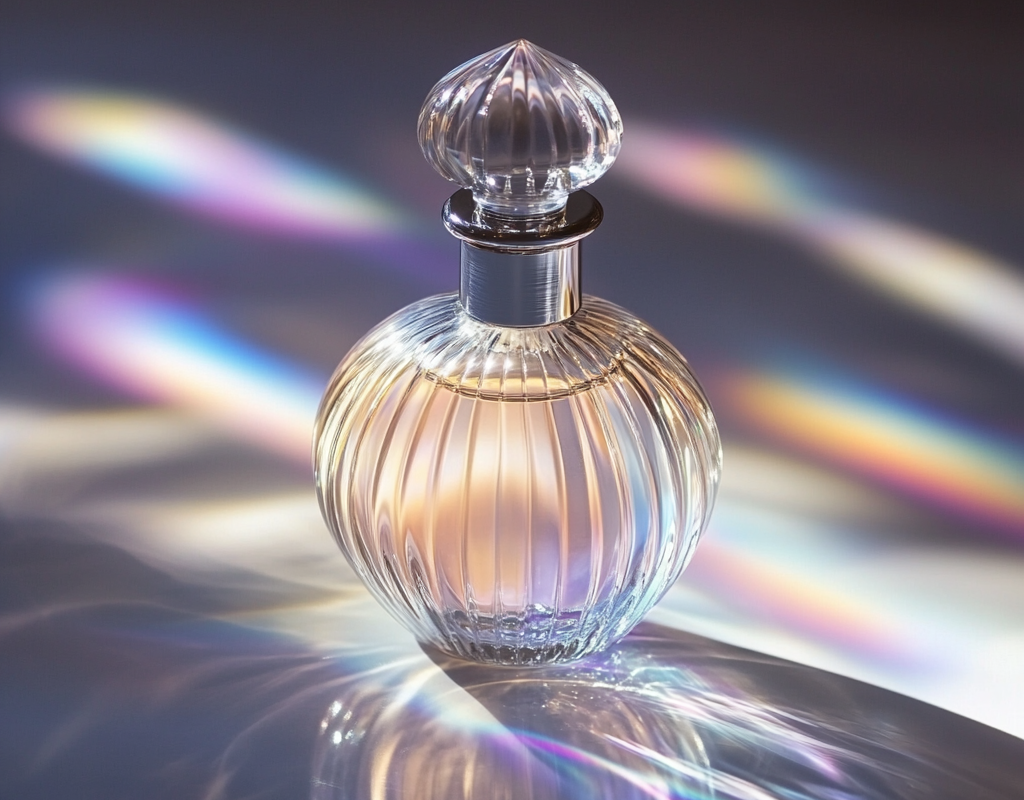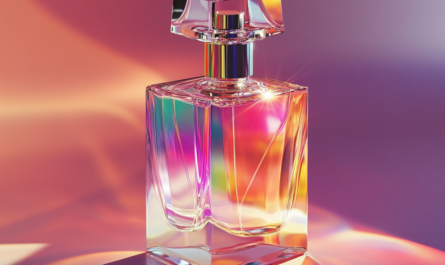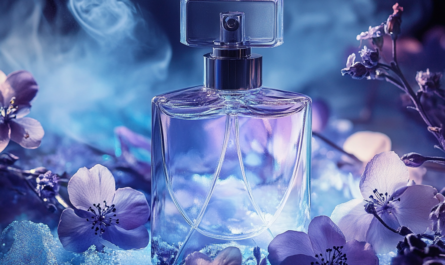Perfumes have long been intertwined with culture and art, serving as an expression of identity and creativity across civilizations. These aromatic creations not only represent personal preferences but also embody the spirit of their origin. In the realm of diplomacy, perfumes hold a unique position as symbols of cultural exchange, bridging gaps between nations and fostering mutual understanding. Their subtle yet profound influence highlights the role of scents in communication, creating connections that transcend language and tradition.
The History of Perfumery as a Cultural Phenomenon
The origins of perfumery trace back to ancient civilizations, where scents were deeply rooted in spiritual and cultural practices. In some regions, perfumes were used in religious ceremonies to symbolize purity and divinity. Elsewhere, aromatic oils and resins were treasured for their luxurious and healing properties, showcasing the cultural significance of scents in everyday life. This early connection between perfume and cultural identity laid the foundation for its global appeal.
The development of trade routes facilitated the spread of perfumery, bringing exotic ingredients and techniques to new regions. From the East, spices and rare aromatic woods traveled to the West, where they were embraced and adapted into local traditions. These exchanges not only enriched the art of perfumery but also fostered cultural interaction. Perfume became a language of diplomacy, with its materials and methods transcending borders and uniting diverse communities.
Perfume’s role in diplomatic relationships has been documented throughout history. Gifts of rare scents and exquisite perfumes were often exchanged between rulers to signify respect and goodwill. Such gestures were more than symbolic; they represented a deep appreciation for the artistry and culture of the sender. These aromatic exchanges paved the way for deeper alliances and mutual admiration.
Over time, perfumery evolved into a shared cultural phenomenon, blending influences from various regions. The interplay of Eastern opulence and Western refinement shaped the modern perfume industry, illustrating how cultural exchange enriches creativity and innovation. This historical journey underscores perfume’s enduring role as a bridge between worlds.
Perfumes as Reflections of National Identity
Each region has its own distinctive aromatic palette, shaped by local flora, climate, and traditions. For instance, certain regions are known for their warm, spicy scents, while others embrace the freshness of coastal or forested landscapes. These fragrances encapsulate the essence of their origin, telling stories of heritage and identity. They are a sensory representation of the places and people they come from.
Perfumes act as cultural storytellers, conveying traditions and values through their composition. The choice of ingredients often reflects a region’s history, such as the use of native plants or the incorporation of time-honored methods. Through these scents, individuals can experience the spirit of a culture, connecting deeply with its essence.
Modern perfumery continues to draw inspiration from national heritage, with creations that celebrate the uniqueness of different regions. These perfumes often highlight iconic elements of a country’s identity, blending nostalgia with innovation. Such creations not only appeal to the senses but also evoke pride and appreciation for one’s roots.
The universality of perfume transcends its origins, making it a powerful tool for cultural diplomacy. By sharing these aromatic expressions, nations can foster understanding and admiration for their traditions, reinforcing the bonds of international friendship. This shared appreciation for artistry and culture highlights the role of perfume as a unifying force.
Perfumes in Diplomatic Gifts
The use of perfumes in diplomatic exchanges reflects their significance as symbols of goodwill and respect. In history, aromatic offerings were chosen for their rarity and beauty, demonstrating the esteem held for the recipient. Such gifts were both personal and political, carrying layers of meaning through their selection.
- Iconic moments of perfume gifting have showcased the importance of fragrance in fostering relationships. Whether as a token of peace or a gesture of solidarity, these exchanges emphasize the value of cultural appreciation in diplomacy. Perfumes, with their universal appeal, serve as a reminder of shared human experiences.
- Perfumes also enhance the ceremonial aspects of diplomacy, adding an element of sophistication and thoughtfulness. Their ability to evoke emotions and create lasting memories makes them ideal gifts for marking significant occasions. These aromatic gestures underline the importance of subtlety and elegance in international relations.
- As diplomatic tools, perfumes represent more than their physical attributes. They embody the history, creativity, and values of their origin, offering a sensory experience that transcends cultural barriers. This makes them a profound medium for expressing friendship and mutual respect. Through the exchange of scents, nations can communicate their shared aspirations for harmony and collaboration.
Modern Perfumery as a Platform for Cultural Exchange
Contemporary collaborations between perfumers from different countries highlight the global nature of the fragrance industry. By combining techniques, ingredients, and traditions, these projects create unique scents that celebrate cultural diversity. These partnerships demonstrate the potential for creativity and innovation through cultural dialogue.
Globalization has expanded the accessibility of perfumes, allowing individuals from all backgrounds to explore and appreciate scents from around the world. This interconnectedness fosters curiosity and respect for different traditions, bridging gaps between cultures. Through this shared exploration, perfume becomes a platform for mutual understanding and celebration.
Perfumes play a key role in international events and festivals, where they are showcased as symbols of artistry and heritage. These occasions provide opportunities for cultural exchange, allowing attendees to experience the depth and richness of global traditions. Such events reinforce the universal appeal of fragrances and their ability to unite people.
The modern perfume industry continues to evolve, embracing its role as a catalyst for cultural exchange. By celebrating the uniqueness of each tradition while fostering collaboration, perfumery exemplifies the beauty of unity in diversity. This ongoing dialogue through scent highlights the transformative power of artistic expression.
In addition, we would like to recommend you our other article, where we talked about how to Find Your Signature fragrance.
FAQ
Perfumes symbolize respect, cultural appreciation, and goodwill, making them ideal for fostering international relationships.
Fragrances often incorporate local ingredients and traditional methods, telling stories of heritage and culture.
Contemporary collaborations and global accessibility promote mutual understanding and celebrate diversity through fragrance.




